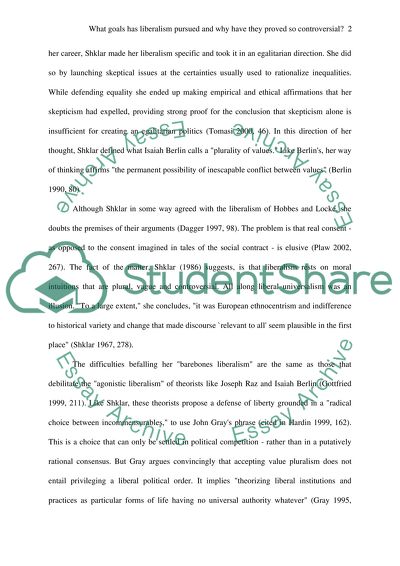Cite this document
(“What goals has liberalism pursued and why have they proved so Essay”, n.d.)
Retrieved de https://studentshare.org/politics/1503410-what-goals-has-liberalism-pursued-and-why-have-they-proved-so-controversial
Retrieved de https://studentshare.org/politics/1503410-what-goals-has-liberalism-pursued-and-why-have-they-proved-so-controversial
(What Goals Has Liberalism Pursued and Why Have They Proved so Essay)
https://studentshare.org/politics/1503410-what-goals-has-liberalism-pursued-and-why-have-they-proved-so-controversial.
https://studentshare.org/politics/1503410-what-goals-has-liberalism-pursued-and-why-have-they-proved-so-controversial.
“What Goals Has Liberalism Pursued and Why Have They Proved so Essay”, n.d. https://studentshare.org/politics/1503410-what-goals-has-liberalism-pursued-and-why-have-they-proved-so-controversial.


